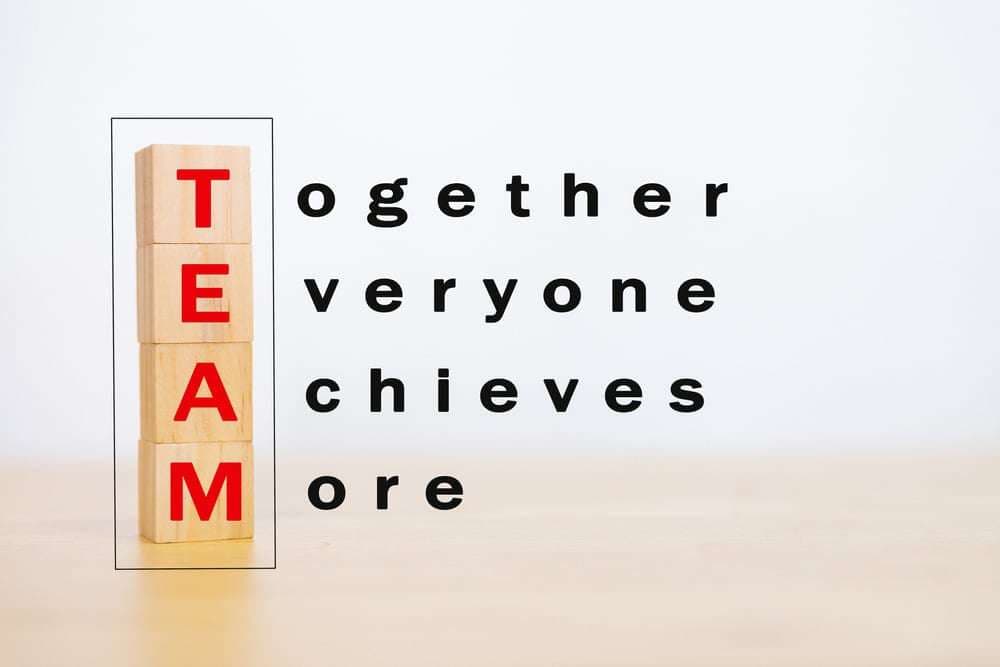Conflict Resolution Strategies for
Effective Team
Conflict is an inevitable part of any workplace. When people work together, disagreements and misunderstandings are bound to arise. However, if conflicts are not resolved effectively, they can escalate and create a toxic work environment that harms productivity, morale, and relationships. Therefore, it's important for organizations to have effective conflict resolution strategies in place to manage conflicts in a way that benefits the team and the organization as a whole.
Here are some conflict resolution strategies for effective team management:
1. Identify the Root Cause of the Conflict :The first step to resolving a conflict is to understand the root cause of it. In many cases, conflicts arise due to misunderstandings, miscommunication, and differences in personalities or work styles. Therefore, it's important to identify the underlying issue or issues that are causing the conflict. This can be done by talking to the parties involved, listening to their perspectives, and asking open-ended questions to clarify their positions.
2. Encourage Open Communication :One of the most effective ways to resolve conflicts is to encourage open communication among team members. Encourage everyone to express their thoughts and feelings, and ensure that everyone feels heard and understood. This can help to identify the root cause of the conflict, as well as promote empathy and understanding among team members.
3. Use Active Listening Techniques :Active listening techniques can help to foster open communication and promote understanding. Active listening involves fully focusing on what the other person is saying, without interrupting or judging. It also involves using verbal cues to show that you are paying attention, such as nodding and paraphrasing what the person has said. By using active listening techniques, team members can feel heard and understood, which can lead to more effective communication and conflict resolution.
4. Practice Empathy :Empathy involves putting yourself in the other person's shoes and understanding their perspective and emotions. By practicing empathy, you can show that you care about the other person's feelings and are willing to listen and support them. To practice empathy, try to see the situation from the other person's perspective, acknowledge their feelings, and express understanding and support.
5. Focus on Solutions, Not Blame :When conflicts arise, it can be easy to focus on assigning blame and pointing fingers. However, this approach is rarely productive and can make the conflict worse. Instead, focus on finding solutions that benefit everyone involved. Brainstorm possible solutions with the parties involved, and try to find a compromise or win-win solution that satisfies everyone's needs.
6. Build a Strong Team Culture : Strong team culture can help to prevent conflicts from arising in the first place. When team members feel a sense of camaraderie and shared goals, they are more likely to work together effectively and resolve conflicts in a positive way. Encourage team building activities and opportunities for team members to get to know each other outside of work. This can help to build trust and promote a positive work environment.
In conclusion, conflict resolution is an important skill for effective team management. By identifying the root cause of conflicts, encouraging open communication, using active listening techniques, practicing empathy, focusing on solutions, and building a strong team culture, team leaders can manage conflicts effectively and promote a positive work environment.
At DocSta Institute, we offer courses on conflict resolution and team management to help individuals and organizations develop these important skills. Enroll in our courses today and learn how to become an effective team leader and manage conflicts in a way that benefits the team and the organization. Our courses are designed to provide practical, real-world skills that can be applied in any workplace setting.
Some of our courses that can help you develop conflict resolution and team management skills include:
- Effective Communication Skills for Team Leaders : This course provides practical strategies for improving communication skills and fostering open communication among team members.
- Managing Conflicts in the Workplace : This course explores the root causes of conflicts and provides strategies for managing conflicts effectively and promoting a positive work environment.
- Team Building and Motivation : This course provides insights into team dynamics and offers strategies for building a strong team culture and motivating team members.
- Leadership Skills for Team Managers : This course provides practical skills for becoming an effective team leader, including communication, decision-making, and conflict resolution skills.
At DocSta Institute, we are committed to helping individuals and organizations develop the skills they need to succeed in today's fast-paced and constantly changing work environment. Whether you are a team leader looking to improve your skills or an organization seeking to enhance your team's effectiveness, our courses can provide you with the knowledge and skills you need to succeed.
Conflict resolution and effective team management are critical skills for any workplace. By identifying the root cause of conflicts, encouraging open communication, using active listening techniques, practicing empathy, focusing on solutions, and building a strong team culture, team leaders can manage conflicts effectively and promote a positive work environment. Enroll in our conflict resolution and team management courses today and take the first step towards becoming an effective team leader.
Related Posts
10,000+ unique online course list designs





